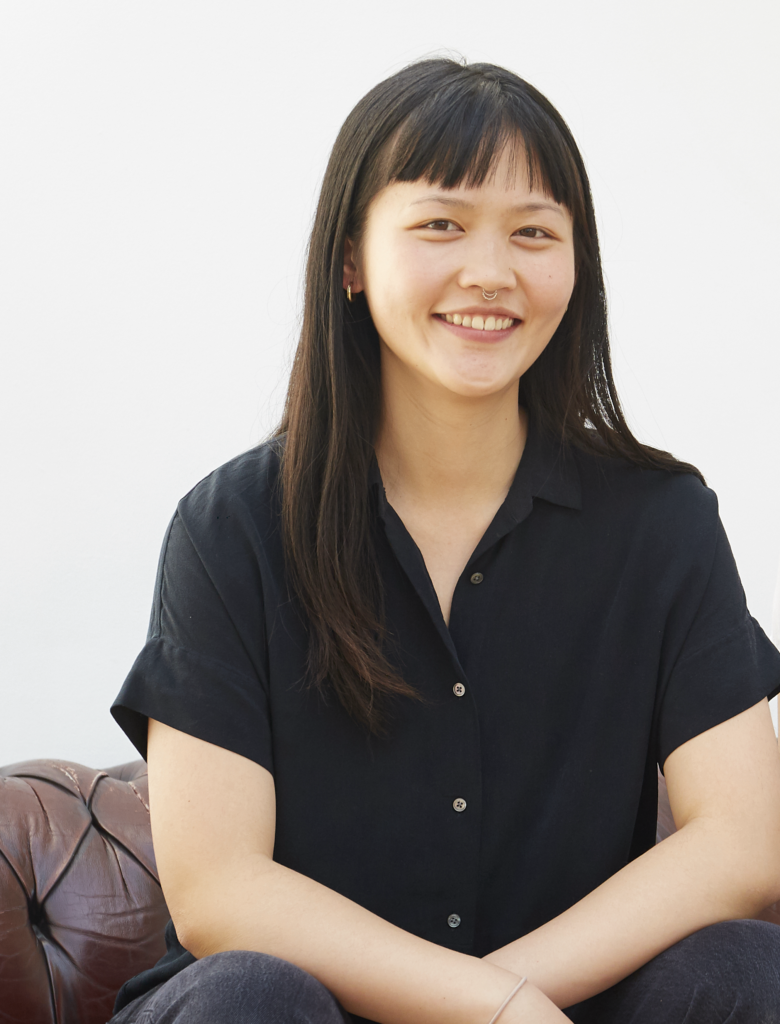Energy & sustainability
Roujia Wen
Co-Founder & CTO, Seabound
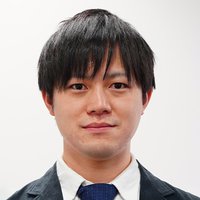
Japan
Hiroya Abe
Developing low cost, high efficiency fuel cell catalysts inspired by the excellent framework of biology.
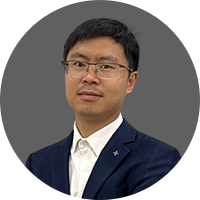
China
Wenzhu Liu
A mass fabrication technology for flexible monocrystalline silicon solar cells.
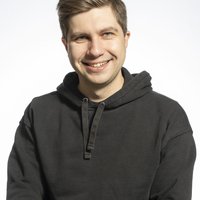
Europe
Nikita Uzhegov
Co-Founder & COO at SpinDrive
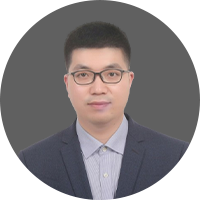
China
Xianbiao Fu
A continuous electrosynthesis of ammonia from N2 reduction and H2 oxidation at ambient pressure and temperatures.
